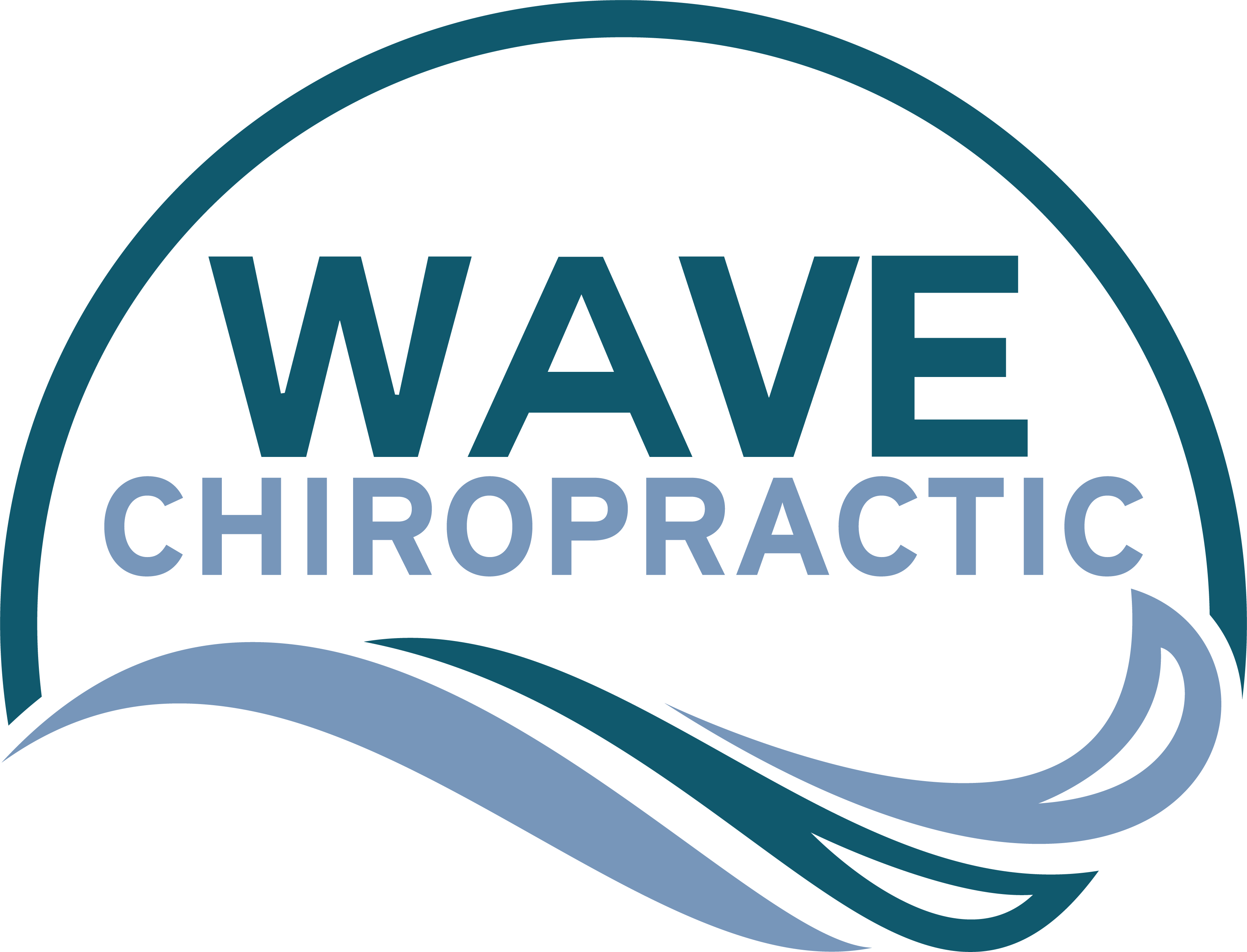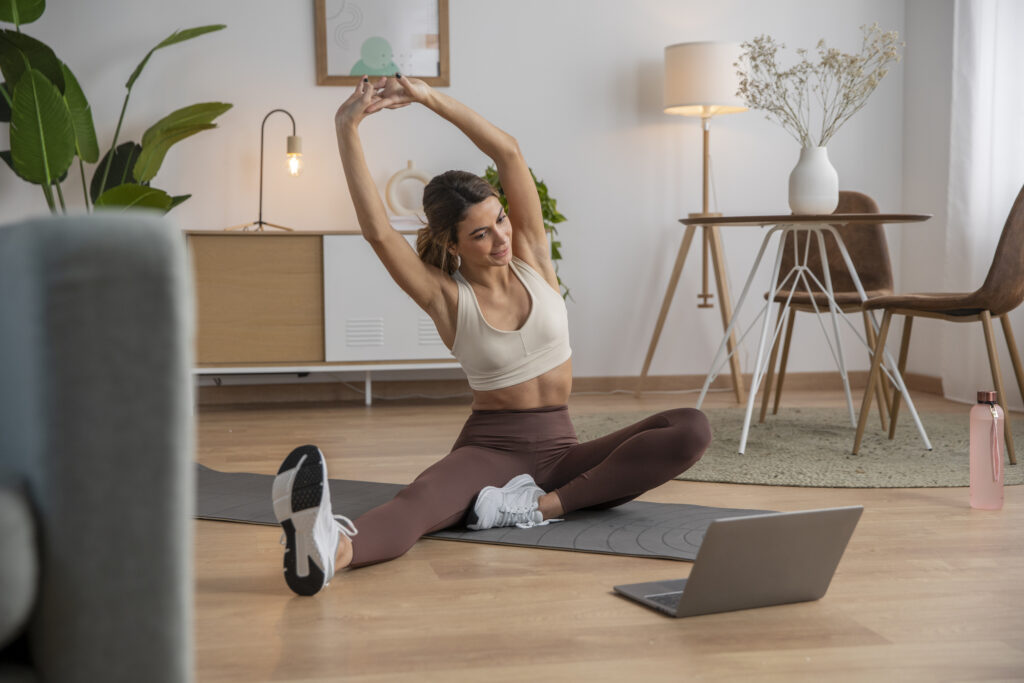You might not realize how essential flexibility is in both personal and professional settings until you face unexpected challenges. Professional care can provide the tools you need to enhance your adaptability, whether through therapy or coaching. By focusing on mental, emotional, and physical components, you can develop resilience and a growth-oriented mindset. But how do these strategies specifically impact your daily life and decision-making? Understanding this could be the key to releasing your potential.
The Importance of Flexibility
Flexibility plays an essential role in your overall well-being and productivity. It's not just about being able to touch your toes; it's about adapting to various situations in life. When you're flexible, you can adjust your mindset and actions, making it easier to handle stress and overcome obstacles. This adaptability contributes greatly to your mental health, allowing you to maintain a positive outlook even in challenging circumstances.
Moreover, flexibility enhances your physical health. Regular stretching and mobility exercises can improve your range of motion, reduce the risk of injury, and alleviate muscle tension. You'll find that when you incorporate flexibility into your routine, everyday activities become easier. Tasks like bending down to tie your shoes or reaching for items on a high shelf won't feel as intimidating.
In your professional life, being flexible can lead to better collaboration and communication. You're more likely to embrace new ideas and changes when you're open-minded. This adaptability fosters a positive work environment and can lead to increased productivity. You'll find yourself better equipped to manage unexpected challenges, whether that's a sudden change in project direction or a tight deadline.
Ultimately, flexibility empowers you to live a more balanced and fulfilling life. By prioritizing both physical and mental flexibility, you're setting yourself up for success in various aspects of your life. Embrace the importance of flexibility and watch how it transforms your daily experiences.
Role of Therapy in Flexibility
Many people underestimate how therapy can enhance both mental and physical flexibility. Therapy isn't just about talking through your problems; it's a powerful tool that helps you adapt and respond to life's challenges. When you engage in therapeutic practices, you're working on your ability to shift perspectives and embrace change, which is essential for personal growth.
One of the key roles of therapy in promoting flexibility is helping you develop coping strategies. You'll learn to manage stress and anxiety, which can often limit your ability to adapt. By exploring your thoughts and emotions, you can gain insights that allow for a more flexible mindset. This means when life throws unexpected challenges your way, you're better equipped to handle them without feeling overwhelmed.
Additionally, therapy can enhance your physical flexibility as well. Many therapists incorporate techniques like mindfulness and body awareness into their sessions. These practices not only help you connect your mind and body but also encourage you to listen to your body's needs. By fostering this connection, you can improve your physical movement, reduce tension, and promote overall wellbeing.
Ultimately, the role of therapy in enhancing your flexibility is invaluable. It empowers you to navigate life's ups and downs with resilience and grace. Embracing therapy can open doors to a more adaptable and fulfilling life, allowing you to face challenges with confidence and a greater sense of ease.
Coaching for Adaptability
Therapy lays a solid foundation for personal growth, but coaching takes adaptability to the next level. When you engage in coaching, you're not just reflecting on your past; you're actively working towards your future. Coaches help you identify your goals and the obstacles that might be holding you back. This process cultivates a mindset that embraces change and seeks out opportunities for growth.
In coaching sessions, you'll focus on developing key skills that enhance your adaptability. These skills include problem-solving, emotional intelligence, and resilience. A good coach will challenge you to step outside your comfort zone and face uncertainty head-on. You'll learn to reframe challenges as opportunities, which is essential for maneuvering today's fast-paced world.
You might also explore various scenarios with your coach, envisioning different outcomes based on your decisions. This practice not only sharpens your decision-making skills but also prepares you to pivot when circumstances change. By honing your adaptability, you'll find it easier to embrace change rather than resist it.
Furthermore, coaching offers accountability. Your coach will keep you focused and motivated, ensuring you're making progress toward your goals. This support can be invaluable when you face setbacks, as it helps reinforce your commitment to adapt and overcome.
Ultimately, coaching empowers you to harness your potential, turning obstacles into stepping stones. By investing in this transformative process, you'll cultivate a flexible mindset that enables you to thrive in any situation.
Holistic Approaches to Flexibility
While you may think of flexibility as solely a physical trait, it encompasses much more, integrating mental, emotional, and social dimensions. A holistic approach to flexibility not only enhances your physical capabilities but also strengthens your overall well-being.
When you focus on these various aspects, you become more adaptable to change and better equipped to handle life's challenges.
To cultivate this holistic flexibility, consider the following strategies:
- Mindfulness Practices: Engage in meditation or yoga to connect your body and mind, promoting awareness and reducing stress.
- Emotional Regulation: Learn techniques to manage your emotions effectively, enabling you to respond to situations with clarity rather than reactivity.
- Social Connections: Foster relationships with supportive individuals who encourage and inspire you, creating a network that strengthens your adaptability.
- Continuous Learning: Embrace new experiences and knowledge, pushing yourself outside your comfort zone to broaden your perspective.
- Physical Activity Variety: Incorporate different forms of exercise into your routine, such as dance, swimming, or martial arts, to enhance physical flexibility and overall fitness.
Building Resilience Through Support
Building resilience isn't just about toughing it out; it often requires the support of others. When life throws challenges your way, having a solid support system can make all the difference. Friends, family, and colleagues can provide emotional comfort, practical assistance, and different perspectives that help you navigate tough times.
Don't underestimate the power of reaching out; sometimes, just talking about what you're going through can lighten the load. You might find that leaning on others not only offers immediate relief but also strengthens your ability to cope in the long run. Sharing your struggles can foster connections and create a sense of belonging.
When you surround yourself with supportive people, you're more likely to develop a positive mindset, which is vital for bouncing back from setbacks. Engaging in group activities or support networks can further enhance your resilience. These environments allow you to learn from others' experiences and share strategies that have worked for you.
You'll discover that everyone faces struggles, and exchanging insights can empower you to tackle your own challenges more effectively. Additionally, ask for help when you need it. Whether it's a mentor at work or a close friend, those who care about you usually want to lend a hand.
Conclusion
Enhancing flexibility through professional care can truly transform your life. By embracing therapy and coaching, you'll develop the tools to adapt to challenges with confidence. Holistic approaches and support systems will empower you to build resilience and a growth mindset. As you step outside your comfort zone, you'll find greater balance and fulfillment in your daily experiences. Remember, flexibility isn't just about bending; it's about thriving in the face of change and uncertainty.

